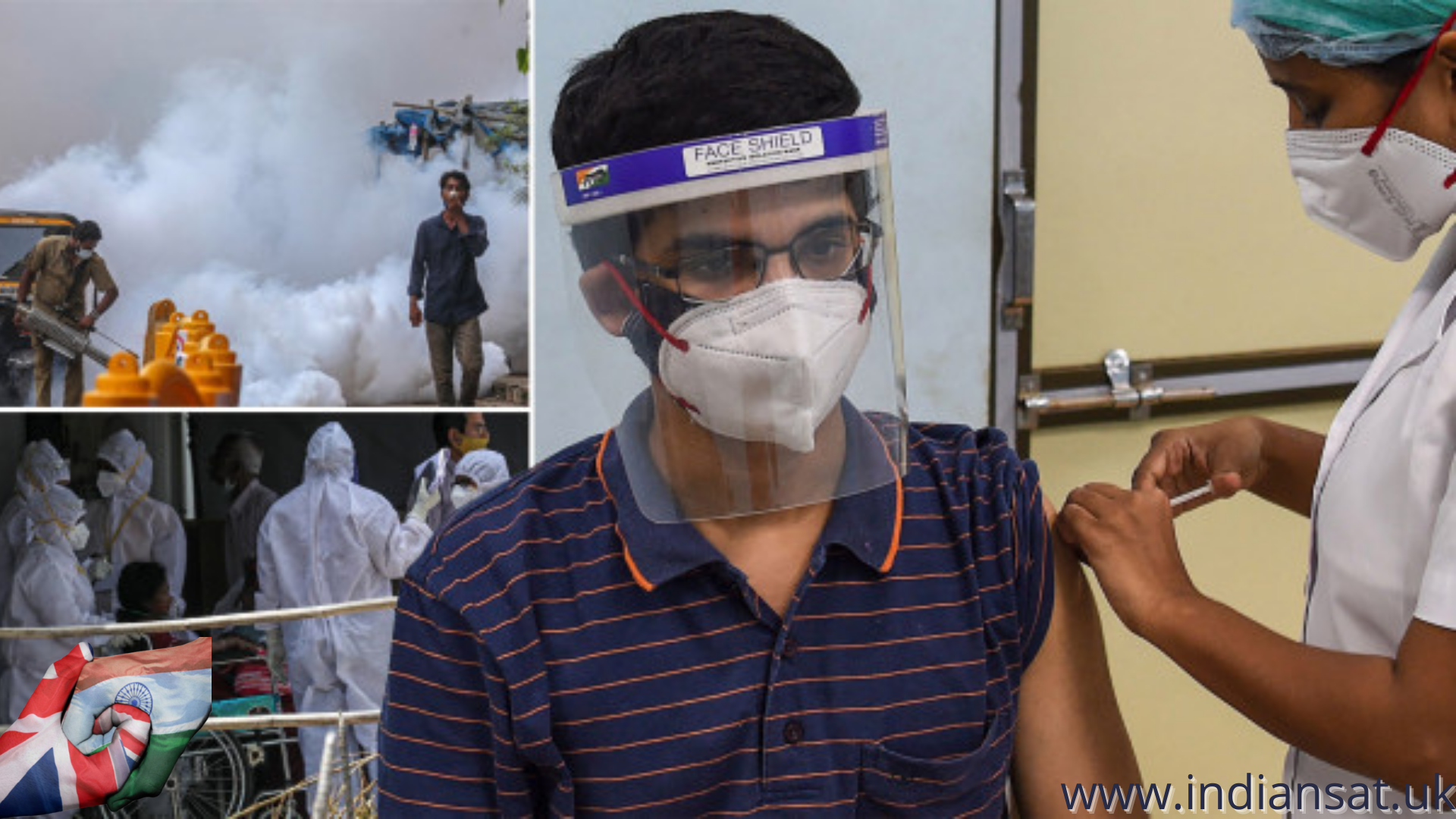India has declared a ‘Delta Plus’ coronavirus strain a variant of concern.
Delta Plus has been found in ten countries – including 41 cases in the UK – after first being discovered in April in Europe.
The variant – also known as AY.1 – is feared to be more transmissible than the original Delta, which has recently driven infections in the UK up.
The original Delta is up to 60% more infectious than the Alpha variant which emerged in Kent in December last year.
Delta Plus has been detected in 22 samples from six districts in three states in India – Maharashtra, Kerala and Madhya Pradesh.
Sixteen of these were in Maharashtra, one of the areas hit the hardest by the pandemic.
Officials in Maharashtra are investigating and will examine patients’ travel history and see if they were vaccinated.
Public Health England is also probing the strain but told Metro.co.uk they have not put a ‘Plus’ label on it. They added that the World Health Organisation considers it part of the existing Delta variant.
Covid mutations are expected and most are insignificant, but a mutation must fulfil one of several criteria to be elevated from a ‘variant of interest’ to a ‘variant of concern’.
India’s health ministry says officials believe Delta Plus spreads more easily, binds to lung cells easier and may be resistant to monoclonal antibody therapy, a drug therapy that aims to neutralise viruses.
The Pfizer-BioNTech jab has been found to provide 79% protection against the original Delta variant, compared with 92% against the Alpha strain, at least two weeks after the second dose.
Meanwhile, the Oxford-AstraZeneca jab offered 60% protection against the original Delta variant – compared with 73% for the Alpha variant.
It comes after the original Delta variant spurred a devastating Covid wave in India.
Infection numbers are the lowest they have been in more than three months, but only 5.5% of adults inoculated so far.
In contrast, 59.8% of adults in the UK are fully vaccinated, while 81.9% have their first jab.
![]()






